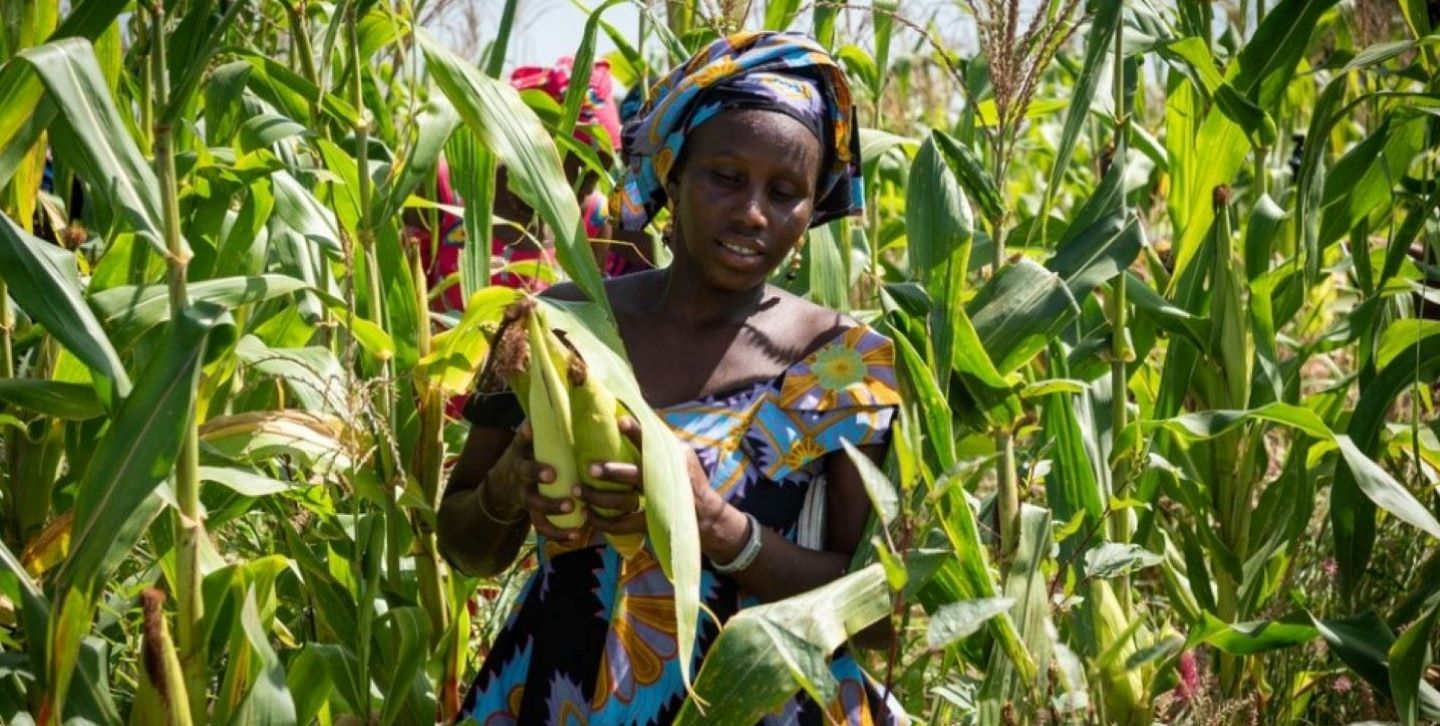16 Profitable Agribusiness Opportunities in Tanzania

From Technology to Transport, storage to services, the Agricultural value chain is full of untapped potential.
Agriculture remains the backbone of Tanzania’s economy, employing the majority of the population. However, beyond farming, there is a wide range of agribusiness opportunities across the entire value chain. Here are 16 profitable Agribusiness ventures that Tanzanians can explore, from production to processing and distribution.
1. Production of Quality Seeds
There is a growing demand for certified and hybrid seeds in Tanzania. Businesses that produce or distribute improved seeds for maize, sunflower, rice, and vegetables play a key role in increasing productivity for farmers.
2. Agro-input Retail Stores
Supplying farmers with agricultural inputs such as fertilizers, pesticides, herbicides, and modern tools is a stable and necessary business. These shops are vital, especially in rural areas where access is limited.
3. Agri-trading (Crop Aggregation and Resale)
This is a business where you buy crops (harvests) from farmers, usually in bulk and at a lower price during harvest season, store them, and then resell at a higher price later when supply goes down and market prices rise.
4. Agricultural Extension Services
With many farmers still relying on traditional methods, businesses offering modern training, consultancy, and demonstration farms can bridge the knowledge gap and improve yields for farmers, especially in rural areas. You can work with the Agriculture Cooperatives as partners.
5. Commercial Farming
Engaging in large-scale farming of high-demand crops such as rice, avocado, onions, or horticultural products for both local and export markets is a profitable investment for Tanzania since there is vast, fertile land with a favourable climate. In some areas, you could use irrigation agriculture.
6. Agro-processing (Value Addition)
Processing raw crops into finished or semi-finished products, such as sunflower to oil, cassava/maize to flour, tomato to paste, and packaged spices, helps increase shelf life and product value.
7. Warehousing and Crop Storage
There is a shortage of proper storage facilities in many farming regions especially in rurals areas. Investing in grain silos or cold storage warehouses can help reduce post-harvest losses and stabilize market supply.
8. Agri-Transport and Logistics
Reliable transport is essential to move produce from the farm to the market. Starting a logistics service for fresh produce, especially with refrigerated trucks, ensures quality and timely delivery.
9. Packaging Solutions for Farm Products
Offering attractive and hygienic packaging for agricultural products like fruits, vegetables, flours, and processed foods increases product appeal and market competitiveness.
10. Farm Equipment and Machinery Sales or Rental
Providing access to tractors, ploughs, harvesters, and irrigation kits either for sale or hire is a smart move, especially as mechanization expands in Tanzania.
11. Agri-tech Platforms and Mobile Apps
Developing or running mobile platforms that connect farmers to buyers, share weather updates, market prices, or offer digital payments can transform agriculture in remote areas.
12. Organic Farming and Produce Sales
Organic products are gaining popularity locally and internationally. Starting an organic farm or export business for pesticide-free fruits, vegetables, or herbs taps into a growing niche market.
13. Livestock Feed Production
There’s increasing demand for quality and affordable animal feeds for poultry, dairy, and beef production. A feed mill business supports livestock farmers with balanced nutrition for their animals.
14. Poultry and Dairy Farming
Farming chickens for eggs or meat, or raising dairy cows, goats, or even camels, is a high-potential agribusiness, especially when integrated with good management practices and marketing.
15. Export of Agricultural Commodities
Tanzania produces crops like coffee, cashew, tea, and sesame, which are in demand abroad. Exporting these products or acting as a local supplier to exporters is a high-income opportunity.
16. Agri-finance and Micro-lending Services
Many farmers lack access to affordable credit. Establishing a microfinance service, SACCO, or digital lending platform focused on agriculture can support smallholder farmers and agribusinesses.
These 16 opportunities show that agribusiness in Tanzania goes far beyond farming alone. From technology to transport, storage to services, the agricultural value chain is full of untapped potential. With the right skills, innovation, and support, Tanzanian entrepreneurs can thrive in this vital sector.
